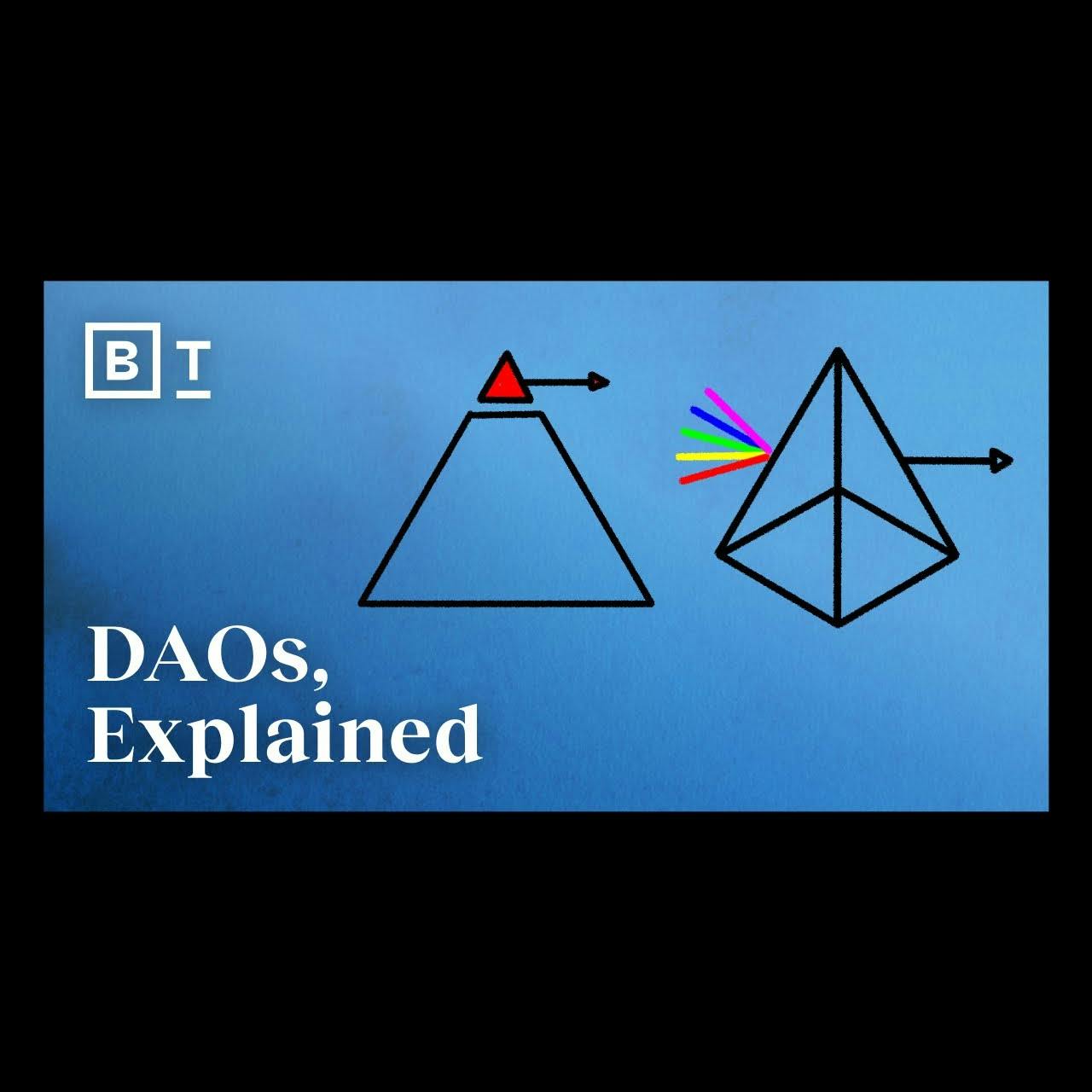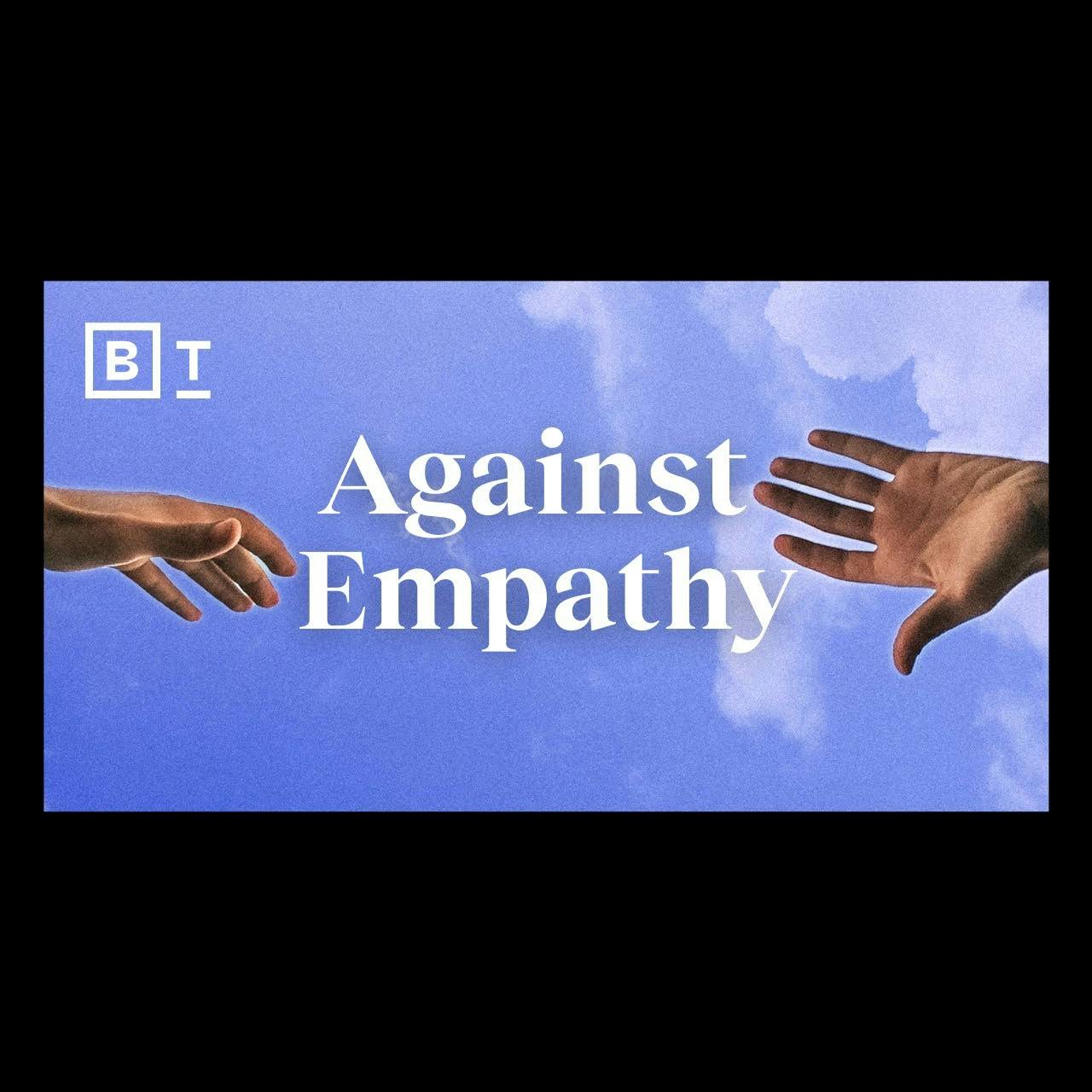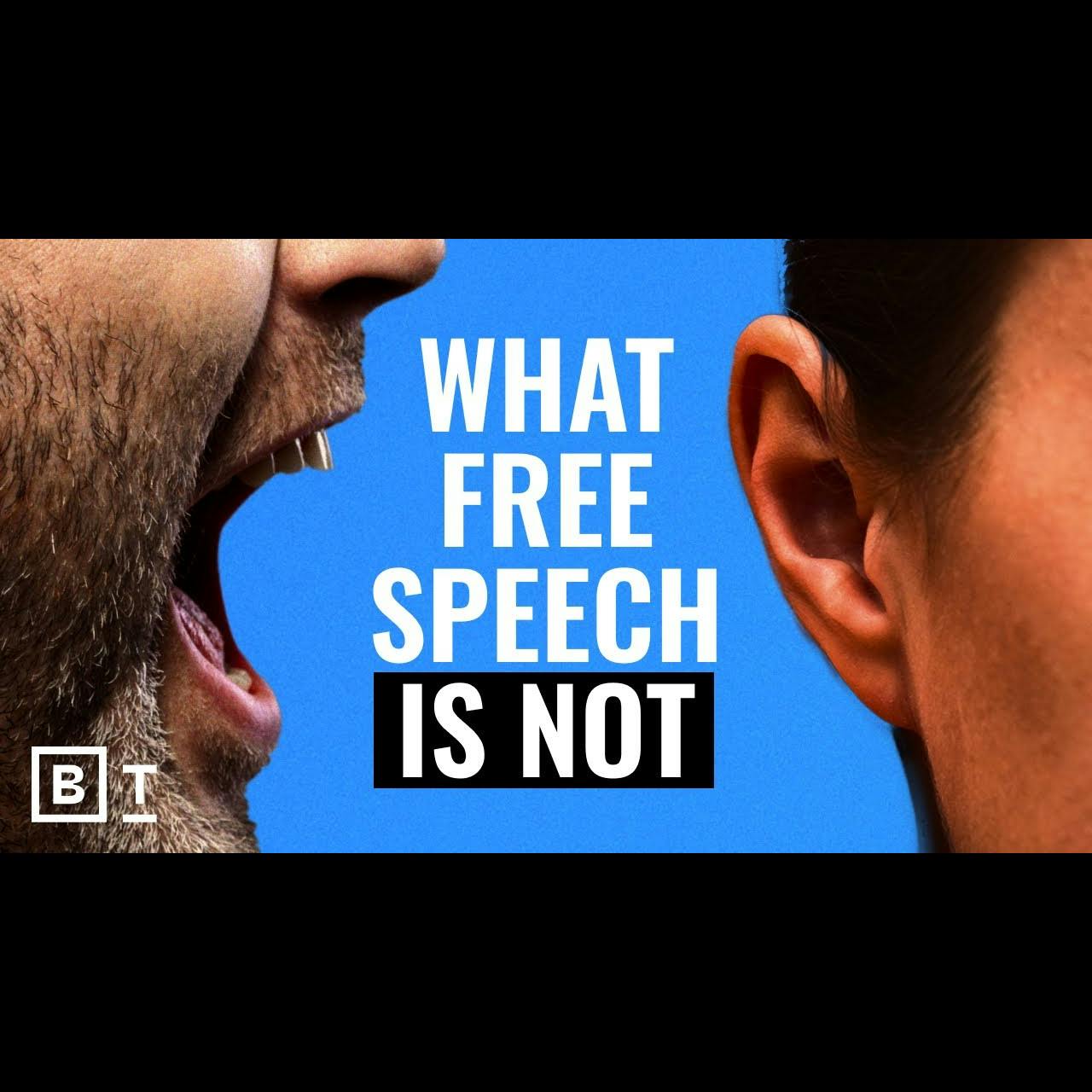Mixing human + animal DNA and the future of gene editing | Big Think
Description
As the material that makes all living things what/who we are, DNA is the key to understanding and changing the world. British geneticist Bryan Sykes and Francis Collins, director of the Human Genome Project, explain how, through gene editing, scientists can better treat illnesses, eradicate diseases, and revolutionize personalized medicine.
But existing and developing gene editing technologies are not without controversies. A major point of debate deals with the idea that gene editing is overstepping natural and ethical boundaries. Just because they can, does that mean that scientists should edit DNA?
Harvard professor Glenn Cohen introduces another subcategory of gene experiments: mixing human and animal DNA. "The question is which are okay, which are not okay, why can we generate some principles," Cohen says of human-animal chimeras and arguments concerning improving human life versus morality.
----------------------------------------------------------------------------------------------------------------------------------------------------------------------------------
TRANSCRIPT:
0:00 Intro
0:41 Bryan Sykes, What We Need to Know About Genes
3:24 Francis Collins, Linking Genes to Disease
8:39 Glenn Cohen, Crossing Human Genes With Animals
BRYAN SYKES: Genetics and DNA does get to the central issue of what makes us tick. It's perhaps too determinist to say that your genes determine everything you do. They don't, but, if you like, it's like the deck of cards that you're dealt at birth. What you do with that deck, like any card game, depends a lot on your choices, but it is influenced by those cards, those genes that you got when you were born.
What I've enjoyed about genetics is looking to see what it tells us about where we've come from because those pieces of DNA, they came from somewhere. They weren't just sort of plucked out of the air. They came from ancestors. And it's a very good way of finding out about your ancestors, not only who they are, but just imagining their lives. You're made up of DNA from thousands and millions of ancestors who've lived in the past, most of them now dead, but they've survived, they've got through, they've passed their DNA onto their children, and it's come down to you. It doesn't matter who you are. You could be the President. You could be the Prime Minister. You could be the head of a big corporation. You could be a taxi driver. You could be someone who lives on the street. But the same is true of everybody. I can see a time, long after I've gone but when, in fact, everyone will know their relationship to everybody else. It is possible, if anybody wants to do it or can afford it, you could actually, I think, draw the family tree of the entire world by linking up the segments of DNA. So you could find out in what way everyone was related to everybody else.
Learn more about your ad choices. Visit megaphone.fm/adchoices

























